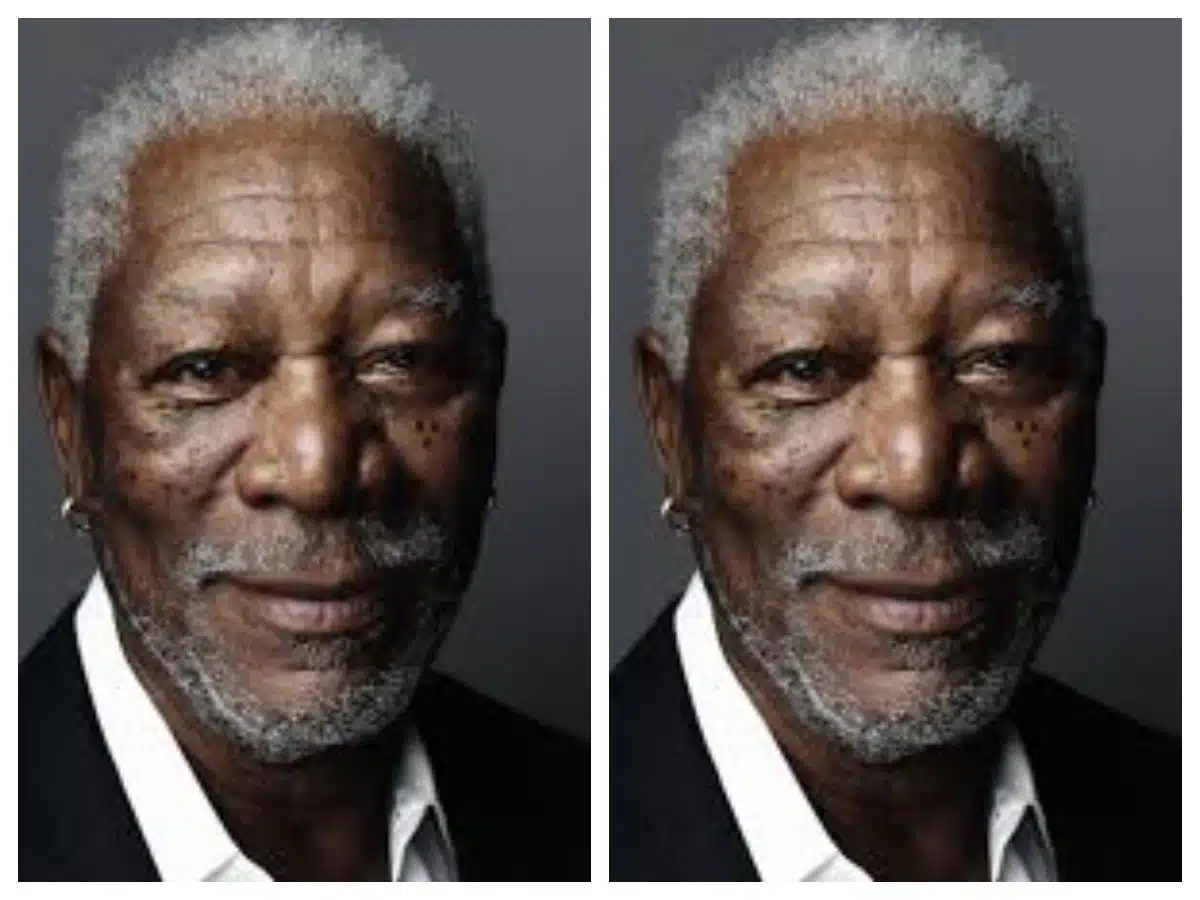Established in 1947, Levittown has been called America’s first-ever suburb. Some have referred to it as the prototype for American suburbs while have still called it the sedentary product of middle-class ambition.
All of the above is arguably true. This New York settlement was founded by the business acumen of Levitt and Sons, a building company, as part of postwar efforts to house an increasingly educated and fast-money-making generation. Soon enough, this place on Long Island became the symbol of what is promised in the American dream.
But Levittown was also very much a 20th-century American creation, in that its conception of the American dream considered a very narrow bracket of Americans – white people. One can say that racism is baked into any and all things American, however, Levittown is in a league of its own.
For some reason, the modern suburban bliss that has come to be associated with whiteness and white America draws inspiration from this place that now has more than 17,000 detached homes. How Levittown has remained about 95% white in cosmopolitan New York is very much intentional.
There was a code of regulations for homeownership in Levittown. Clause 25 of this rulebook clearly stated that Levittown homes could not “be used or occupied by any person other than members of the Caucasian race”.
Looking back now, it is nearly unthinkable for private developers to explicitly deny Black people access. That is not to overlook redlining and such that has bedeviled Black American effort at homeownership. A USAFacts.org report maintained that:
In 2019, the homeownership rate among white non-Hispanic Americans was 73.3%, compared to 42.1% among Black Americans. This 31.2 percentage point difference was the largest gap since the Census’ time series began in 1994. Between 1994 and 2019, the white homeownership rate increased by approximately 3.3%, while the Black homeownership rate declined by 0.2% over the time period.
But during Levittown’s founding, private capital did as much as private capital wanted, and that was why Levittown is unique. As the first private commercial home project, Levittown was founded in a way so as to benefit only the white majority. White capital was given the room to grow while Black people and other minorities were kept out of the opportunities available from owning a home.
In 1948, the United States Supreme Court forced the town’s developers to drop the segregation clause. A case on another issue of segregation was ruled so as to say, such racial restrictions were ”unenforceable as law and contrary to public policy”.
But after failing to enforce segregation by law, the developers of Levittown moved to enforce segregation by simple elimination tactics. A Black person looking to buy a home in the seven-square mile area was either told the homes were not for sale or that the sellers had not decided on selling to Black people.
A former Suffolk County police sergeant, Eugene Burnett, told the New York Times in 1997 during the suburb’s 50th anniversary: “When I hear ‘Levittown,’ what rings in my mind is when the salesman said: ‘It’s not me, you see, but the owners of this development have not as yet decided whether they’re going to sell these homes to Negroes”.
Burnett was a former soldier and the generous American conflation of patriotism and militarism did not even save him.
Levittown managed to be insulated from all the demographic changes that happened in New York throughout the 1960s by simply and cunningly avoiding giving homes to Black people. By the 1990s, there were fewer than 200 Black people in a suburb of nearly 60,000 in New York.
How did something like this happen in “liberal” New York for so long?
Dr. Herbert D. Rosenbaum, a Hofstra University political science professor who died in 2016, noted over 20 years ago: ”In those years, even liberal people like ourselves tended to take residential segregation for granted, without approving it. None of us went out into the street to change it.”.
As such, the unwillingness of “good” people to stop evil as well as the determination of evil to succeed, maintained the status quo and kept out Black people.
Indeed, Nassau County, where Levittown is in New York, is still one of the most segregated places in the entire United States.










